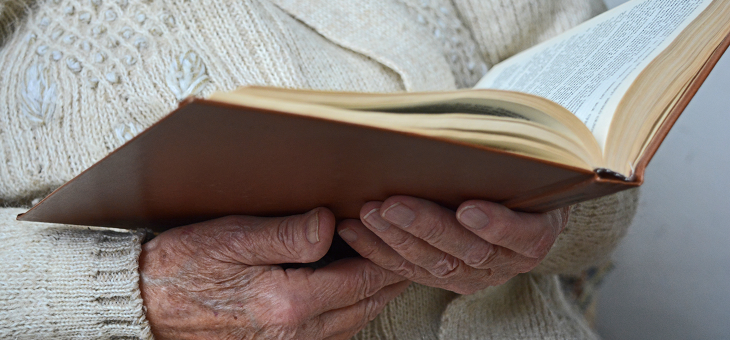They say that hell hath no fury like a woman scorned, and even though St Kilda novelist Goldie Alexander and her cohort of older female writers feel ignored by the literati, she isn’t out for revenge.
She would like to point out, though, that women writers of a certain age are highly unlikely to be featured at book festivals or asked to make speaking appearances at events. And Ms Alexander, who recently celebrated her 82nd birthday, claims that the same fate does not present itself to older men.
I tested her theory against the list of 2018 winners of non-government major Australian literary prizes and was astounded. All had been clinched by women – youngish women.
With the exception of Michelle de Kretser, who recently won the Miles Franklin award for her novel, The Life to Come, at 60, nearly all the other winning writers were younger than 40.
There is just one award where an older woman stands a chance – the Patrick White Award. And that is because it is specifically meant for authors “who had been creative for a long period of time but hadn’t received the recognition the judges believe they deserved”.
And sure enough, the list of that prize’s winners contains a number of women who are in their 70s.
But generally, Ms Alexander argues that “beyond your 70s you are put into a category that is considered not useful”.
“I’m finding it more of an uphill battle – this being made to feel redundant,” Ms Alexander told YourLifeChoices.
“Unless you are young and beautiful, or a man, you won’t be invited to appear at writers’ festivals because the organisers consider you have nothing to say.”
“In Europe andAsia, older people, whether they are women or men, are considered living treasures.
“Here inAustralia, we idolise young people. Perhaps it is because, as a nation, sportsmen and women are our heroes. Our cultural emphasis on physical prowess leaves no room for the adoration of accomplished seniors.
“Most of the women writers of my age have given up,” says the author who has no thoughts of abandoning her own career.
Ms Alexander has written more than 90 books and short stories, many of which have won minor prizes. She writes for adults, teenagers and children across a number of genres, from historical and science fiction to fantasy and mystery novels.
Her latest works – Shakespeare Now! A Trilogy – were launched in Melbourne yesterday. As the title suggests, the novels are updated versions of three Shakespearean plays: The Trytth Chronicles based on The Tempest; Gap Year Nanny based on Macbeth; and Changing History? based on Romeo and Juliet.
Ironically, with this trilogy, the author has proven wrong ageism’s misguided notion that older citizens have little of relevance to offer the contemporary world.
The novels discard the Bard’s antiquated lexicon, invent new settings and update the scenarios so the narrative is digestible for today’s readers.
Before taking up writing as a career, Ms Alexander worked as a teacher. She knew only too well how frustrated literature students were with Shakespeare’s language.
Determined to show that the storylines and emotions of the Elizabethan playwright’s era are just as relevant to today’s generations, she modernised the old English vernacular in her interpretations to demonstrate that the human experience has not changed significantly through the centuries.
“In Changing History? which I set in 1928 Berlin, I illustrate the similarities between two eras … pre-war Germany and 16th century Verona, with their emphasis on sexuality and enormous creativity,” says Ms Alexander.
“In my interpretation of Macbeth, Gap Year Nanny, I map the same descent into ruthlessness and self-destruction in a modern, internet-obsessed family, as observed by their young nanny.
“The scenes and characters from the originals transcend the ages.”
But unlike most of Shakespeare’s plays, Ms Alexander’s trilogy protagonists are all females, just like the fellow students she went to school with atMelbourne’s MacRobertson Girls’ High.
Today, the writer shuttles between the cosmopolitan inner suburb of St Kilda and herMorningtonPeninsulaweekender with her second husband. She left her first partner in 1964.
“I was a single mother of two at the time without a career. Back then, you didn’t need to have a university degree in education to front a classroom, so I became a teacher.”
After more than three decades of teaching, she put down the chalk and pulled out the typewriter. When she is not crafting a novel, Ms Alexander “knits furiously” or cooks.
“I can’t just sit. I have to keep my hands occupied,” says the octogenarian who has no time for thumb twiddlers.
Have you experienced ageism in your profession or life? If so, what happened and how did you deal with it?
Related articles:
You can write a book
Long journey’s lessons
Happiness 80 years ago

